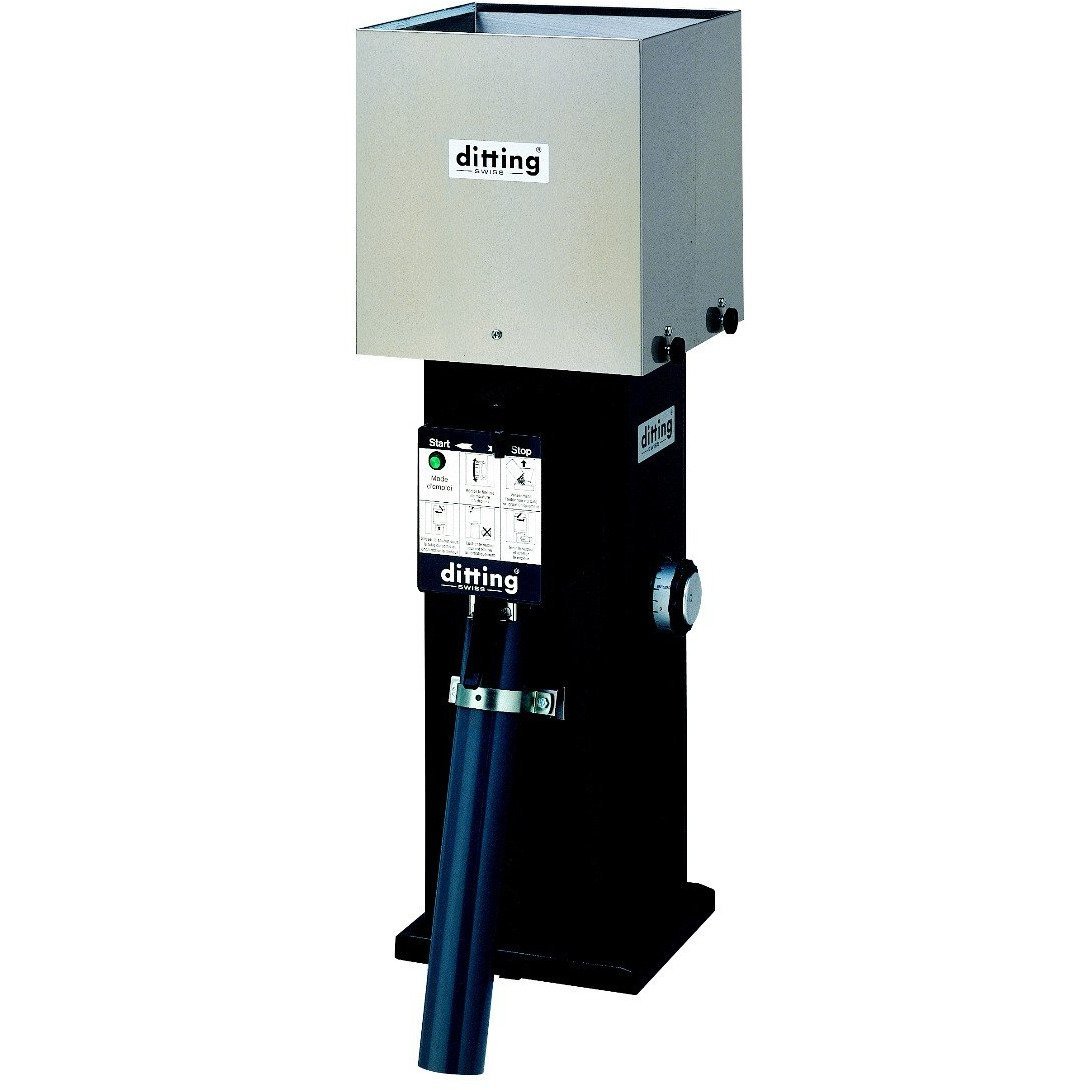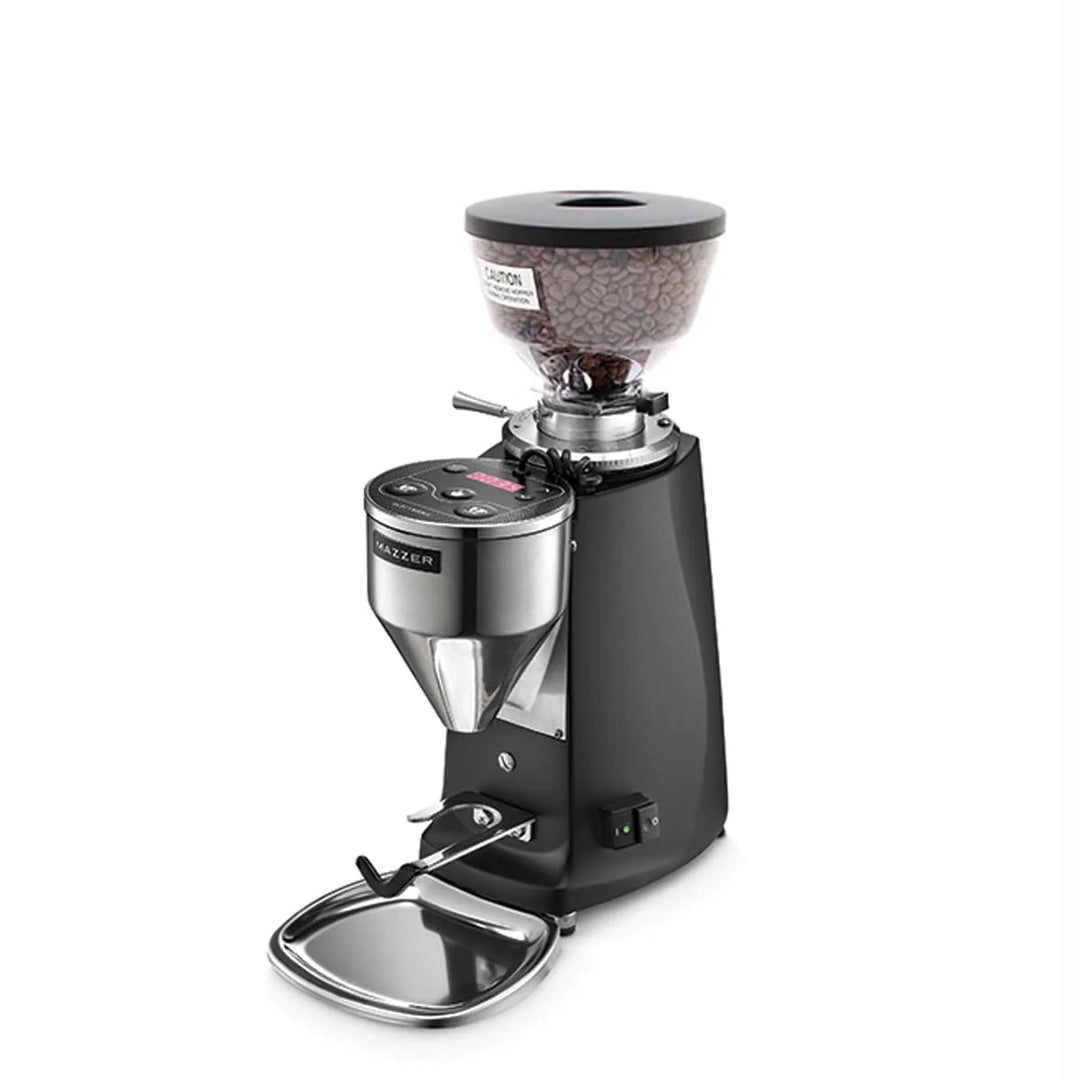Why Every Café Needs an Industrial Coffee Grinder
Wiki Article
Industrial Coffee Grinder Guide: Increase Effectiveness and Top Quality
In the competitive landscape of coffee production, selecting the ideal commercial coffee grinder plays an essential function in improving both effectiveness and product quality. Understanding the nuances of numerous mill types and essential functions-- such as personalized grind settings and robust building and construction-- can considerably influence the final flavor profile of the coffee.Understanding Grinder Kinds
When selecting a commercial coffee grinder, recognizing the various kinds offered is crucial for maximizing both flavor removal and operational performance. The two key types of mills are blade grinders and burr mills.
Ultimately, choosing the appropriate type of mill is important to maintaining high quality and performance in coffee production, making it essential for services to purchase premium burr mills for optimal results.
Secret Attributes to Consider
Choosing a commercial coffee mill requires careful consideration of a number of vital attributes that can substantially affect both efficiency and the overall coffee experience. One of the key aspects to examine is the grinding mechanism. Burr grinders are normally favored over blade mills, as they provide a consistent grind size, which is vital for optimum removal and taste.Another vital feature is the grinder's capacity. Depending on the volume of coffee you need to process, choose a model that can handle your requirements without giving up rate or top quality. In addition, take into consideration the work setups used. A flexible mill with several settings allows you to tailor the work dimension to various brewing methods, enhancing the coffee's flavor profile.
The building material additionally contributes in durability and upkeep. Stainless-steel elements typically provide longevity and are less complicated to clean up, which is vital for maintaining health requirements. Examine the grinder's sound level, specifically in a hectic café or manufacturing atmosphere, where too much noise can be turbulent. Purchasing a mill that balances these attributes can considerably enhance both functional efficiency and the top quality of the coffee served.
Optimizing Grinding Process
To achieve the finest lead to coffee preparation, enhancing the grinding procedure is vital. The work size significantly affects extraction, flavor, and general top quality of the made coffee. Different developing methods need particular grind sizes; as an example, espresso demands a fine go to the website grind, while French press necessitates Visit Website a coarse structure. Understanding the relationship in between grind size and developing technique is the primary step in optimization.


Additionally, monitoring the grinding rate can maximize the process. Slower grinding typically creates less warm, maintaining fragile tastes and scents. Conversely, quicker grinding may generate extreme warmth, adversely influencing the coffee's quality.
Upkeep and Treatment Tips
Appropriate maintenance and care of commercial coffee grinders are essential for making certain optimum efficiency and long life. Normal cleaning is the foundation of maintenance; residue buildup can affect taste and grinding performance. It is suggested to clean up the mill after each use, wiping down the exterior and getting rid of any type of coffee grounds from the burrs.In addition, examine the grinding burrs for deterioration. Boring burrs can compromise work consistency, so they ought to be replaced as needed. Industrial Coffee Grinder. Occasionally calibrating the grinder is also important, as this maintains the desired grind dimension for different brewing approaches
Lubrication of moving parts need to be done according to the producer's specs, as this decreases friction and prolongs the life of the tools. It is important to use food-grade lubricating substances to make sure safety and security and conformity with health regulations.
Last but not least, More Info keep the mill in a stable and completely dry atmosphere to avoid rust and deterioration. By adhering to these upkeep and treatment suggestions, drivers can boost the effectiveness of their commercial coffee mills while making sure top quality result and extended operational life.
Return on Financial Investment Evaluation
Evaluating the roi (ROI) for commercial coffee mills is critical for companies seeking to maximize their coffee production capabilities. A detailed ROI evaluation helps identify the financial feasibility of buying top quality mills, enabling companies to weigh the initial expenses against potential gains.Evaluate the acquisition cost of the grinder, consisting of setup and any essential adjustments to existing infrastructure. High-performance mills typically lead to reduced grinding time and raised throughput, which can substantially enhance performance.
Furthermore, take into consideration the influence on product top quality. Industrial Coffee Grinder. Superior grinders generate a more regular grind dimension, which can enhance taste profiles and consumer contentment, ultimately driving sales. By increasing the top quality of the end product, services can justify higher rates, resulting in raised income
Verdict
In summary, an industrial coffee grinder plays a critical function in improving both effectiveness and product quality within coffee production. Inevitably, the critical financial investment in a trusted mill adds substantially to enhanced income and competitiveness in the coffee sector.In the affordable landscape of coffee manufacturing, selecting the right commercial coffee mill plays an essential role in enhancing both performance and item high quality. The two key types of grinders are blade mills and burr grinders. Within the burr grinder group, there are level burr grinders and conelike burr mills, each with its advantages. Burr mills are normally chosen over blade mills, as they supply a constant grind dimension, which is vital for optimum removal and taste.
In summary, a commercial coffee grinder plays a pivotal duty in enhancing both performance and product quality within coffee manufacturing.
Report this wiki page